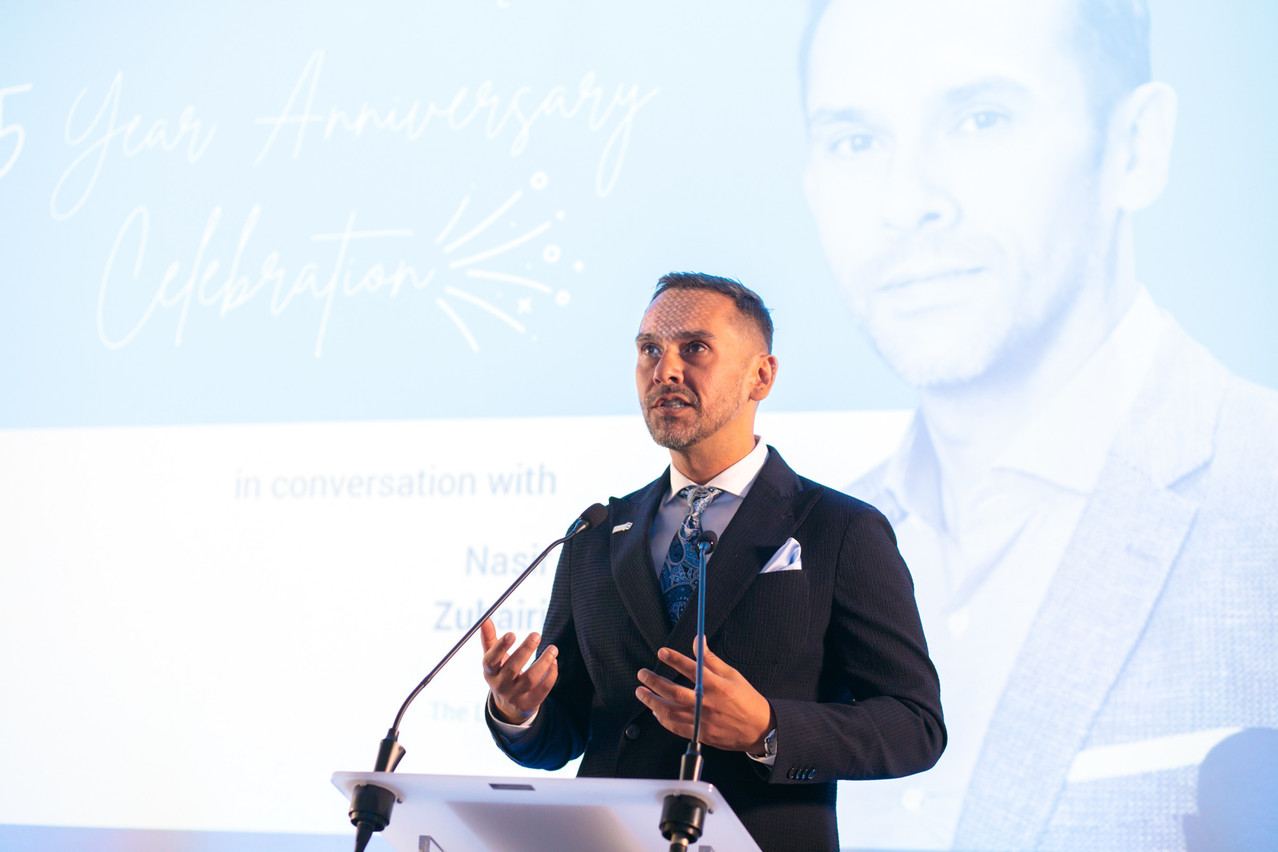In April 2017, the Luxembourg House of Financial Technology was officially registered. The foundation resulted from a public-private partnership created to “federate knowledge and access within the Luxembourg financial services community, and to help ensure the future competitiveness of the centre through digitalisation”.
Initially housed in the House of Entrepreneurship, it moved on 31 March 2018 to its current premises at 9 rue du Laboratoire in the Gare district with 10 companies in tow. The premises were fully occupied on 13 July 2020, with approximately 86 companies.
The guest of honour at an anniversary celebration on Friday, , minister of finance, said: “Over the past 5 years, Lhoft has become the beating heart of the Luxembourg fintech community, linking the financial centre with innovation. We now have a solid foundation to take Lhoft to the next level and support the rapid digital transformation of the financial services sector. In the months and years to come, Lhoft, as a private-public partnership, will be an important tool to help us attract and develop new talent in Luxembourg and connect financial technology to sustainable finance. It will help our financial sector to seize new opportunities in an evolving regulatory landscape and support the development of mutualised solutions to current and future challenges.”
Education as a priority for the next 5 years
Looking to the future, , Lhoft’s CEO since its inception, said: “In the future, Lhoft wants to use its experience and understanding of the needs of the Luxembourg community to focus even more on several key areas: education, knowledge and talent. Through its increasingly popular online channel, Lhoft will provide market-driven content to help the community stay on top of trends and gain knowledge on new technologies and strategies. Lhoft will also continue to support programmes for young adults, teenagers and school children to expose the next generation to the ever-changing technology environment. Connectivity with universities across Europe will be strengthened and students will be exposed to Luxembourg’s exciting financial and fintech ecosystem in order to channel much needed talent to the grand duchy."
Lhoft is also working to implement a strategy focused on pooled utilities for the Luxembourg financial centre, with the aim of developing areas of competitive advantage while helping to overcome key challenges for financial institutions.
€1 billion in funding raised
In the meantime, Lhoft has 84 resident companies and 86 associated companies and 250 companies supported since 2017, including 146 startups. Fintech companies employ 5,000 people in the country, Zubairi said. Lhoft-linked firms have raised more than €1bn in financing, €400m of which was raised directly through Lhoft’s connections with private and public sources of capital.
The Luxembourg House of Financial Technology also contributes to the promotion and visibility of the Luxembourg financial centre. It claims more than 1,000 press articles, “of which 20% come from international media, such as Forbes and the FT”; 22,000 followers on various channels; 34 international partnerships, including the pan-European fintech network The Talent Route, of which Lhoft is a founding member; the representation of the grand duchy at more than 125 international events; and the launches of the Luxembourg Blockchain Lab and Fin5Labs, a common due diligence platform.
Lhoft has also developed Catapult: Financial Inclusion Africa, a development programme for African fintechs co-managed with the Luxembourg Development Cooperation, and Catapult: Kickstarter, a startup support programme which has involved 20 fintechs from 11 countries over two programmes.
Originally published in French by and translated for Delano
